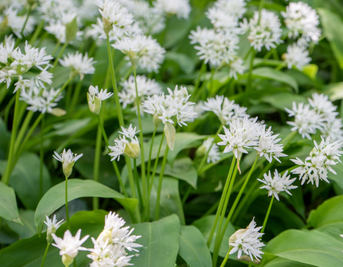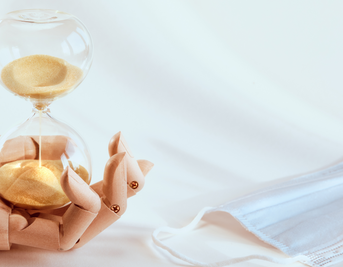Prostate Health
Enlarged Prostate
The prostate gland is inside your pelvis, at the top of the urethra (the tube that carries urine) which is connected to your bladder. It is usually the size of a walnut. As you pass middle age, and particularly after 60 years old, it is very common for it to grow in size. As the prostate gland is wrapped around the urethra, any inflammation or swelling can cause narrowing of the urethra, leading to interrupted or difficult urination, characterised as dribbling. It is also common to experience sudden or frequent urges to urinate, especially at night, which often don't result in full flow. This is not always painful but can be.
Herbs and supplements that can help include the well-researched nettle root (Urtica dioica) and willowherb (Epilobium sp.) to reduce prostate swelling. Saw palmetto is helpful for some, and herbs like cornsilk and marshmallow root soothe the urethra. Uva-ursi and sarsaparilla are also used by some herbalists.
Prostate PSA tests
You can do a simple home PSA blood test to check your levels of prostate specific antigen (PSA). PSA is a protein enzyme that helps to keep semen fluid. If your blood levels of PSA are raised, you may have a problem with prostatitis, infections or some cancers.
Benign Prostatic Hypertrophy (BPH)
If you think that your prostate is enlarged, you should have it examined by your GP, especially if you experience pain or burning while urinating. In some cases, an enlarged prostate can develop into BPH or you can miss the signs of prostate cancer even if you have done a PSA home test. A checkup can rule this out.
Researchers think BPH happens when testosterone builds up in the prostate where it is converted to dihydrotestosterone (DHT). This is a normal process but in BPH it can cause the swelling of the prostate to become so large that urine backs up in the bladder and stagnates. This can cause urinary infections and other complications.
BPH can be exacerbated by some drugs, such as antidepressants, some tranquilisers and antihistamines. Frequent ejaculation can help to alleviate some of the symptoms. Herbs and supplements used include nettle root , willowherb, saw palmetto, corn silk and uva-ursi.

Willowherb has a significant amount of clinical evidence behind it in reducing prostate inflammation.

Nettle root not only helps reduce inflammation but it also prevents the binding of testosterone to DHT.


